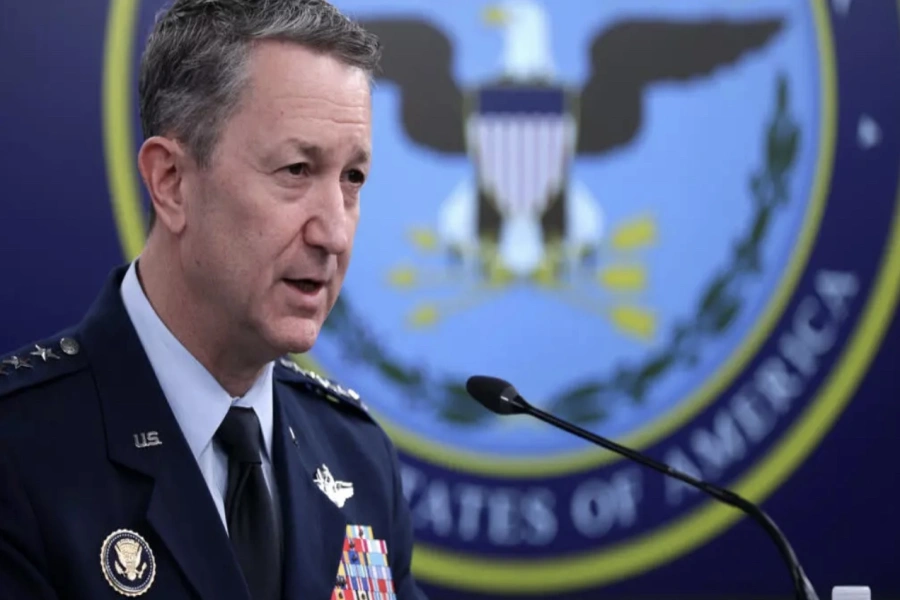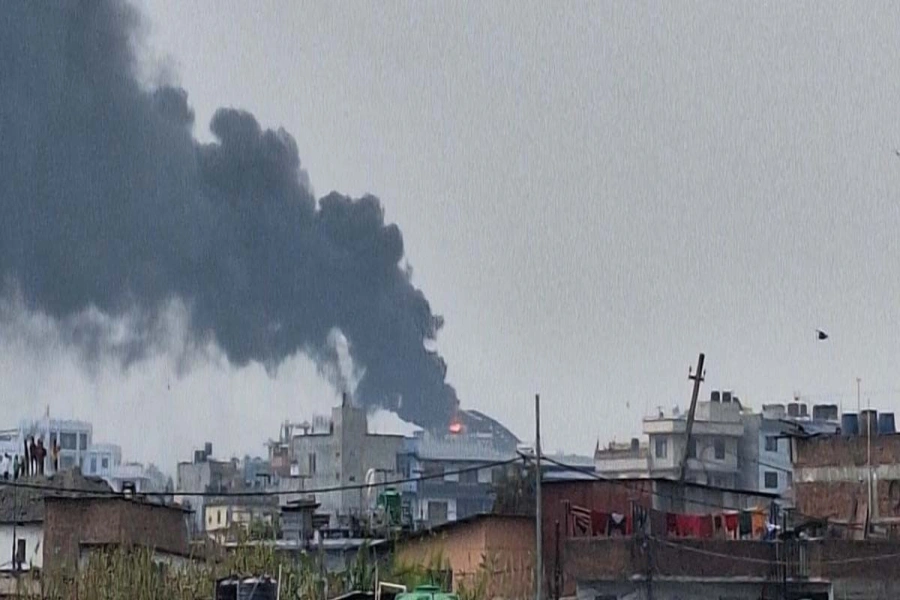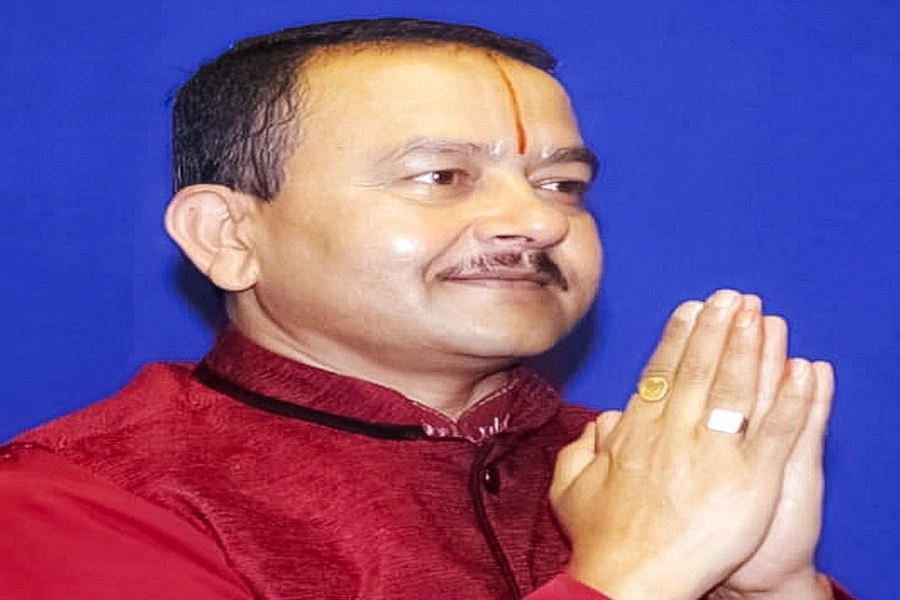KATHMANDU, Aug 15: "People are suffering more from torture than from wrongdoing. It is heart-burning to be defamed when you are innocent." This is the statement of Dr Ranjit Kumar Yadav, who was released on Sunday after spending four days in police custody on the charge of fake educational certificate.
In a case of mistaken identity, the Central Investigation Bureau (CIB) of Nepal Police arrested Dr Ranjit Kumar Yadav, who shares a name with another individual responsible for forging educational credentials. Dr Yadav, a legitimate medical practitioner from Mahottari, was taken into custody along with eight other doctors similarly accused of holding fake educational certificates. However, as evidence failed to corroborate the charges, Dr Yadav was released on Sunday afternoon.
Dr Yadav's release came after his friend, Bibek Thakur, and Council Member of the Nepal Medical Association, Dr Rabin Basnet, provided conclusive proof of his genuine qualifications to the CIB. Dr Yadav expressed his mixed emotions upon his release, revealing that the overwhelming pain of his wrongful detainment overshadowed the relief of freedom.
Having obtained his MBBS degree from Nobel Medical College in Biratnagar in 2018, Dr Yadav had faithfully served at the Koshi Provincial Hospital for 18 months during the pandemic. Presently, he is diligently preparing for his postgraduate entrance exam while residing in a rented room in Bhaktapur, where his friend Bibek also resides.
Finding solace in art

Recalling the day of his arrest, Dr Yadav shared a harrowing account of his ordeal. At 3 PM, law enforcement officers arrived at his residence and requested his cooperation for an investigation. Subsequently, Dr Yadav was swiftly taken into custody, despite his lack of involvement in any criminal activities. He found himself confined in a cramped room with numerous others, enduring sleep deprivation and unsanitary conditions. Dr Yadav, who had dedicatedly served during the initial wave of the COVID-19 pandemic, expressed grave concerns about the potential spread of diseases within the overcrowded space. “On the one hand, there was fear of possible harm from some detainees with violent backgrounds while on the other hand, there was a risk of transmitting diseases like tuberculosis from drug addicts. I suffered a lot,” he said.
The aftermath of the news featuring Dr Yadav's photo alongside false allegations of being a fake doctor has left him deeply troubled, particularly as the news reached his village. Driven by the aspiration of seeing his son become a doctor, his parents invested a substantial amount of Rs 4 million in a private medical college to facilitate his pursuit of an MBBS degree. Dr Yadav expressed his continued anxiety about the unjust accusations that continue to hang over him despite his innocence being well-known to his family.
Although Dr Yadav and his loved ones are steadfast in their knowledge of his genuine qualifications, he remains apprehensive about the perceptions and opinions of his fellow villagers. He shared his concerns, acknowledging that negative news often spreads more rapidly and widely than positive updates. "While many in the village may have seen the initial report about the alleged fake certificate, will they be made aware of my subsequent release from custody?" he questioned. The news of his unjust arrest deeply affected his mother, causing her distress until she learned the full story.
The Nepal Medical Association has voiced its objection to the incident, expressing dissatisfaction with the Central Investigation Bureau's (CIB) hastiness in apprehensions without proper document verification. Dr Basnet, a council member, raised concerns about the credibility of CIB's investigative practices and questioned their ability to conduct thorough examinations. Dr Yadav's case highlighted the lack of diligence in scrutinizing documents, with essential information inaccurately linked to the main accused. Dr Basnet pointed out that this incident underscored significant weaknesses within the council's procedures.
Dr Yadav, who completed his studies at Nobel College, criticized the police's oversight in verifying the documents, leading to the unfortunate mix-up. He lamented the tragic circumstances surrounding his arrest and urged for greater consideration of the competence within the CIB. "We must reflect on the caliber of human resources entrusted to the CIB," he emphasized.
In a case of mistaken identity, Dr Yadav was wrongly apprehended instead of another individual who shared his name but held a fake certificate from North Bengal University in Bangladesh. Dr Yadav recounted his distressing experience during detention, emphasizing the physical and mental toll he endured due to the negligence displayed by both the Nepal Medical Council and the CIB. The certificate's inaccuracy in terms of age and university, despite matching names, compounded his hardship.
As he navigates through the aftermath of this ordeal, Dr Yadav poses a poignant question: "Can the police erase the stain that has now tarnished my name?" He held both the council and CIB accountable for their oversights and said, “This should not happen to anyone else."






-1200x560-1772467693.webp)





























